

Roadmap to Build an Integrated On-demand Food Delivery App with All Pivotal Features
If you have to time travel back by a decade and tell restaurant owners that there would be a huge surge in the number of orders that you will get for home deliveries in another eight years, they would have laughed it out thinking it was just a figment of fanciful fiction. However, today, restaurants cannot hope to survive without having an on-demand delivery option. There is an increase in the number of UberEats clone apps, and in the expectations of users with respect to comfort and convenience without compromise on the taste and quality of restaurant food. This change has led to the rapid growth of location-based on-demand food delivery applications, not only in the United States but even in some of the most unexpected markets like India and Indonesia.
In most cases, a food delivery app ecosystem needs to have a customer app, a restaurant app, a delivery executive app, and above everything, an admin app. Each app in itself demands its focus because of the features that need to be incorporated in them. Let us focus on the customer app in this article.
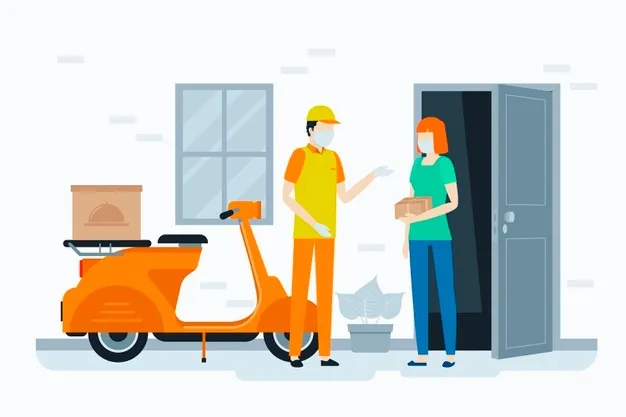
The Diversity in Food Delivery Apps:
Food delivery apps are far from being monotonous. There are different types of UberEats clone apps but they can broadly be classified into two categories – the dedicated restaurant apps and the platform apps.
As the name implies, dedicated restaurant apps are designed to serve only a single restaurant or at the maximum, a single brand of the restaurant located across multiple locations. If we were to look at the top 10 food delivery apps, you will find that only Domino's Pizza and KFC delivery apps find their place. It is quite evident that for a restaurant to be successful, you will need to be an easily recognizable brand and you will also need to have your outlets across multiple locations - not just about one or two in a city but in the order of at least tens.
However, it is quite known that not every restaurant is a KFC or McDonald's. They do not have multiple outlets, and they are present in just one location in the entire country, leaving alone the city. It is not that they might not need delivery assistance. This need is precisely addressed by the platform apps. These apps provide restaurants with a platform to list themselves along with their food items and prices, so users can use that platform to order food from those restaurants.
Simply put, having a dedicated restaurant app is like owning a big shop in the outskirts of the city whereas having your restaurant listed on a platform app is like having a small shop in a massive mall. The second option might put you in a place where there is quite some competition but you are bound to at least get the right exposure and some business!
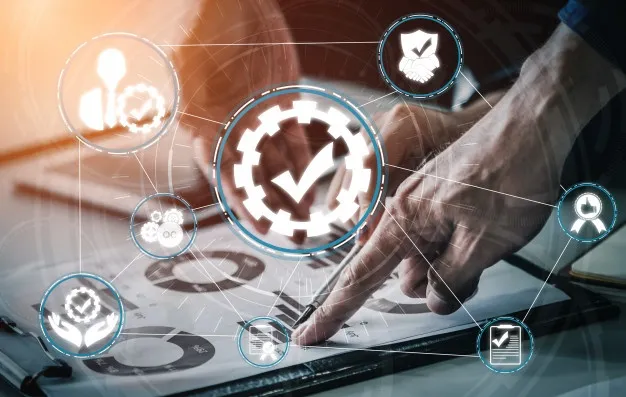
The Features to be Implemented:
The simple icon that you see on the screen of your phone is a grand culmination of multiple features, database integration, enhanced search function, third-party APIs, and a lot of other features that are hidden under the hood.

Search:
The search functionality is one of the most important features that need to be incorporated in your food delivery platform – it is to be remembered that search is a direct consequence of the increase in numbers, and since your app will be listing multiple restaurants, it is important to have a robust search in place. The search function should help users find restaurants and food items. It also implies that the app should have a facility to list the entire menu, along with a search option that searches for menu items across all possible restaurants!
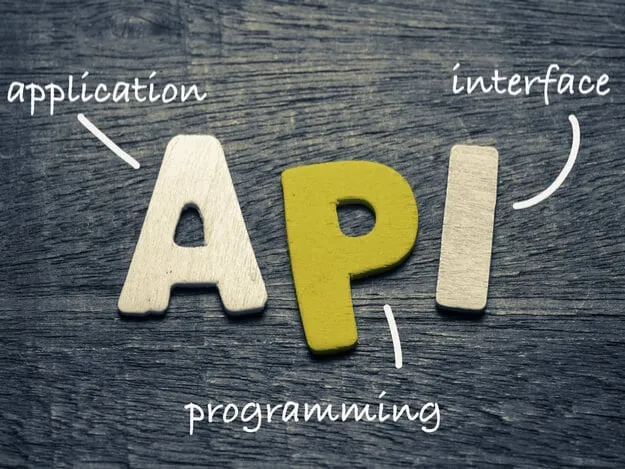
APIs:
APIs are a blessing in disguise. It might be extremely difficult and cumbersome to compile a database of all the restaurants across the country and list them in a way that is extremely searchable. Restaurants also find it extremely frustrating to list their changes in the menu in multiple places.
As an alternative, you can use third-party APIs like the one provided by GrubHub - it lists over 10,000 restaurants, their menu, and their locations. All you need to do is write to the tech team of the API provider. Zomato provides an API of more than 1.5 million restaurants spread across 10,000 cities all over the world. As you may have known, UberEats clone is more of a restaurant listing company and food delivery is just an extension of its core service. Therefore, you can get a lot of detailed information like the rating for both online deliveries and off-line dining experiences, the exact location, the operating hours, and the cuisines.

Partnerships:
You will also need to establish partnerships with restaurants. Not every restaurant has been welcoming towards the idea of home delivery, as their selling point is not just food but the entire dining experience, the ambiance, and the cutlery. Some surveys have shown that not every restaurant is happy about executing a delivery without their consent. There have been complaints about inaccuracies in prices, confusion in orders, and the possible lapses in the quality of delivery because delivery executives are tarnishing the name of the restaurant. Keeping in mind these things, it is important to establish a fruitful business partnership with the restaurant if you intend to start a food delivery business. There are ways in which you can coax restaurants into signing up with your services – providing incentives such as a POS system or media and advertising solutions would certainly attract restaurants into a partnership with your food delivery service.
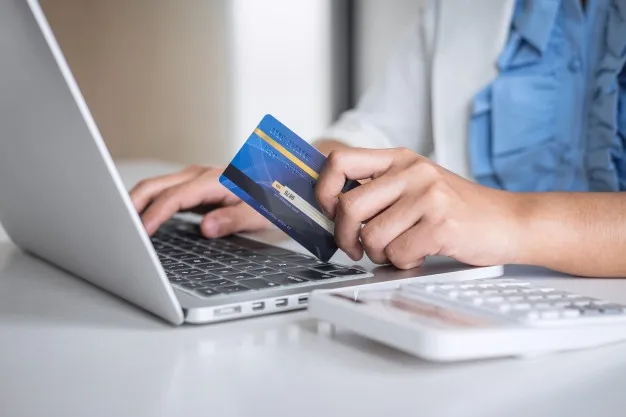
Payments:
Digital payments complete the UberEats clone delivery ecosystem. Your app should be integrated with a versatile payment gateway like Stripe or Braintree or PayPal. The payment gateway should be able to accommodate multiple payment methods including but not limited to credit cards, debit cards, internet banking, and wallets. It is recommended that your app has its own native gateway to facilitate quick payments and easy refunds. Digital payments also assist in establishing contactless delivery, which has become a norm ever since the coronavirus crisis.
Support:
Support should be made available across multiple platforms both for customers and delivery executives alike. Customers should be able to address their concerns regarding payments, food quality, and delivery time. The delivery executives should also be able to address their concerns regarding their remuneration and any confusion on the location of the customer.
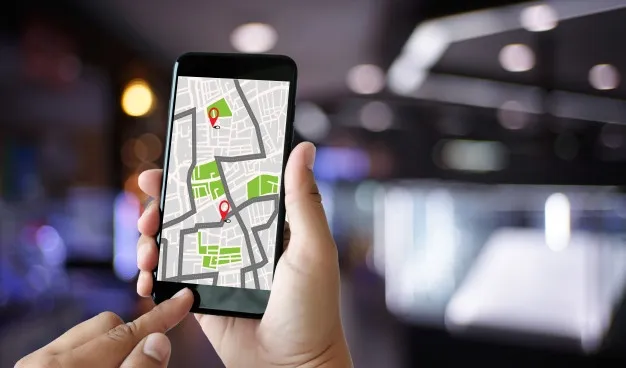
Mapping:
The GPS and the mapping system form the crux of the entire location-based delivery ecosystems. This combination in itself is a convergence of multiple elements of technology like the GPS, mapping, end navigation. It is well known that the mobile space is dominated by technology giants, Google, and Apple. Both these companies provide technologies for every stage of GPS assisted navigation – Apple CoreLocation Framework and Google Geolocation API, Apple MapKit and Google Directions API, and Apple Maps and Google Maps.
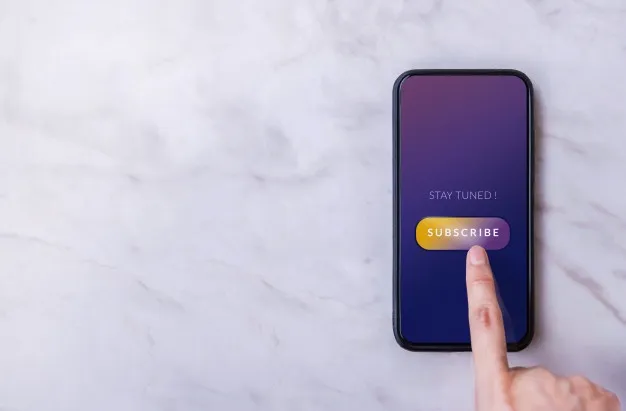
Subscription:
Your food app can also consider providing subscription services for customers who would like to order on a regular basis. The subscription should also provide them with a discount or possibly a coupon that entitles them to special order. Subscription models will ensure that your customers stay stuck to your brand for a longer stretch of time.
The Usual Basics:
In addition to this, there are a lot of basic features that need to be put in place to ensure that the customer app functions without any hassles.
The customer should be able to quickly and easily sign up for the services by facilitating for them, an easy registration process. They should be able to create their account either by using login trading chills like email and phone number or by using existing logins like Google and Facebook.
Even if your UberEats clone app has one of the most robust search functionality, the entire ordering process should be made simple and straightforward. There shouldn't be any complications involved in the court process of your app that is expected to bring your revenue. The customers should be able to select, add to cart, and order in less than four steps.
In addition to the search option, there should also be a filtration process that helps filter restaurants and dishes by cuisine and choice of food like vegetarian-only and without seafood or nuts, owing to allergies. It is to be remembered that some people do not go for their choice of food by restaurants or by specific dishes but by cuisine… Like the folks in the Big Bang Theory.
Even there, there are people like Dr. Sheldon Cooper who are extremely specific about their expectations. Therefore, it is also a good idea to give customization options - some of them like low-fat alternatives and their broccoli diced even if the menu specifies shredded!
Finally, there should be a proper review and rating system in place. The review and rating system is what helps make the entire ecosystem of food ordering democratic and fair. It is to be remembered that the delivery experience is completely different from the food ordered from the restaurant. The customer should be given an option to rate the experience of delivery and the experience of food separately. This will ensure that the delivery executive is rated independently from the food provided by the restaurant!
Conclusion:
It is quite evident that the market for food delivery is expected to grow and the coronavirus has only provided the necessary afterburners to accelerate the growth rate beyond the expected levels. With this growth rate, it would be a perfect time for you to embark on your food delivery business. Should you have a requirement, you can get in touch with companies that specialize in UberEats clone. They tend to save you a lot of time and money and also ensure that the core product is free from bugs.







